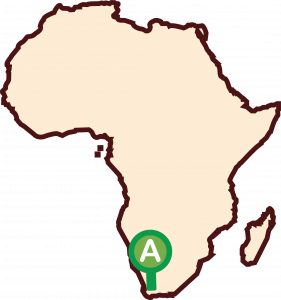H3Africa Research Project
Transgenerational Effects of Maternal Stressors: Investigating the Role of Infant Gene Expression
The Goal: to investigate the mechanisms behind the transgenerational effects of exposure to maternal psychological stress during the prenatal period, focusing on offspring gene expression.
Project Leads
The Problem
Psychosocial trauma are significant sources of suffering and impairment around the world and are a major contributor to the global burden of disease, especially so in low-and-middle-income countries (LMIC). Research has shown that a significant portion of fetal brain development occurs prenatally and that maternal factors play a large role in this developmental process. In addition, previous studies have found that children exposed to maternal psychological stress, depression, or anxiety during the prenatal period have higher risk for behavioral and emotional problems later in life, including increased fearfulness, anxiety, and depression; however, there is little research to investigate the genetic mechanisms that dictate these transgenerational effects of maternal stress on offspring.
Project Strategy
- Leverage the Drakenstein Child Health Study (DHCS) cohort of over 1,000 mother/child pairs to investigate the molecular mechanisms behind the association of maternal stress and offspring emotional/behavioral problems (also known as Intergenerational Association, or IA)
- Perform genetic sequencing in 500 children from the DHCS to further investigate previously identified pathways that are known to play a role in IA, while also identifying novel genes and pathways that contribute to IA.
Potential Impact
This project will have a large impact on the field of pediatric genomics, revealing the genomic effects of motherhood trauma on offspring and the consequences of such trauma. This information could potentially be used to develop enhanced prevention and treatment strategies in children of affected mothers, therefore befitting the standard of living for these groups in LMIC. Additionally, the project would also serve to build essential capacity for pediatric genomics in Africa, where existing infrastructure and support is limited.
Project Sites

A: South Africa
University of Cape Town
Non-African Collaborators:
USA: Emory University, Mount Sinai Icahn School of Medicine




